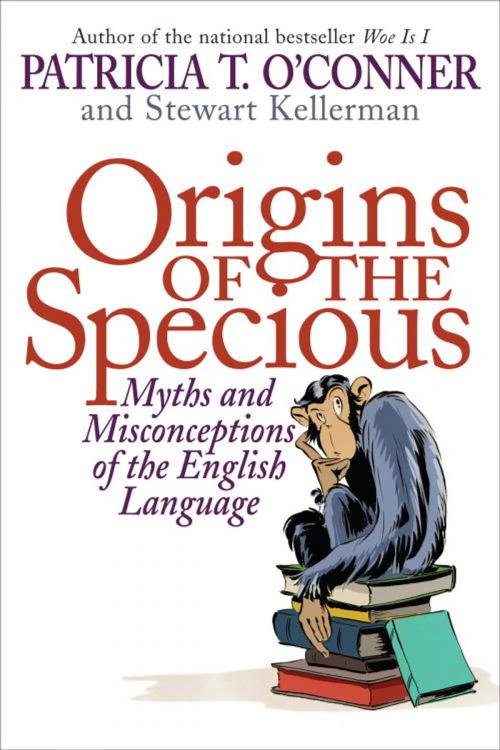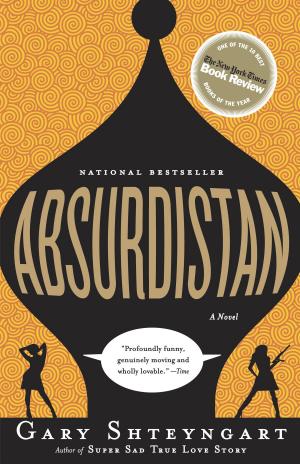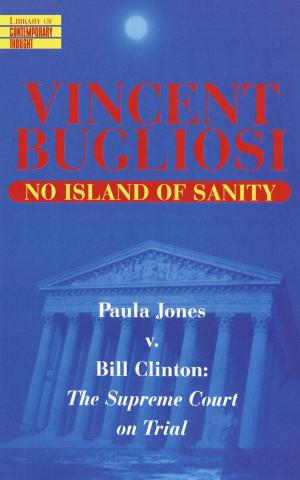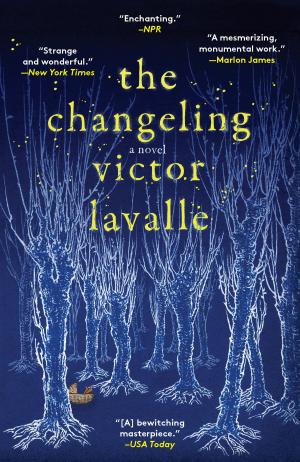Origins of the Specious
Myths and Misconceptions of the English Language
Nonfiction, Reference & Language, Language Arts, Literacy, Reference, Almanacs & Trivia, Trivia, Grammar| Author: | Patricia T. O'Conner, Stewart Kellerman | ISBN: | 9781588368560 |
| Publisher: | Random House Publishing Group | Publication: | May 5, 2009 |
| Imprint: | Random House | Language: | English |
| Author: | Patricia T. O'Conner, Stewart Kellerman |
| ISBN: | 9781588368560 |
| Publisher: | Random House Publishing Group |
| Publication: | May 5, 2009 |
| Imprint: | Random House |
| Language: | English |
Do you cringe when a talking head pronounces “niche” as NITCH? Do you get bent out of shape when your teenager begins a sentence with “and”? Do you think British spellings are more “civilised” than the American versions? If you answered yes to any of those questions, you’re myth-informed.
In Origins of the Specious, word mavens Patricia T. O’Conner and Stewart Kellerman reveal why some of grammar’s best-known “rules” aren’t—and never were—rules at all. This playfully witty, rigorously researched book sets the record straight about bogus word origins, politically correct fictions, phony français, fake acronyms, and more. Here are some shockers: “They” was once commonly used for both singular and plural, much the way “you” is today. And an eighteenth-century female grammarian, of all people, is largely responsible for the all-purpose “he.” From the Queen’s English to street slang, this eye-opening romp will be the toast of grammarphiles and the salvation of grammarphobes. Take our word for it.
Do you cringe when a talking head pronounces “niche” as NITCH? Do you get bent out of shape when your teenager begins a sentence with “and”? Do you think British spellings are more “civilised” than the American versions? If you answered yes to any of those questions, you’re myth-informed.
In Origins of the Specious, word mavens Patricia T. O’Conner and Stewart Kellerman reveal why some of grammar’s best-known “rules” aren’t—and never were—rules at all. This playfully witty, rigorously researched book sets the record straight about bogus word origins, politically correct fictions, phony français, fake acronyms, and more. Here are some shockers: “They” was once commonly used for both singular and plural, much the way “you” is today. And an eighteenth-century female grammarian, of all people, is largely responsible for the all-purpose “he.” From the Queen’s English to street slang, this eye-opening romp will be the toast of grammarphiles and the salvation of grammarphobes. Take our word for it.















